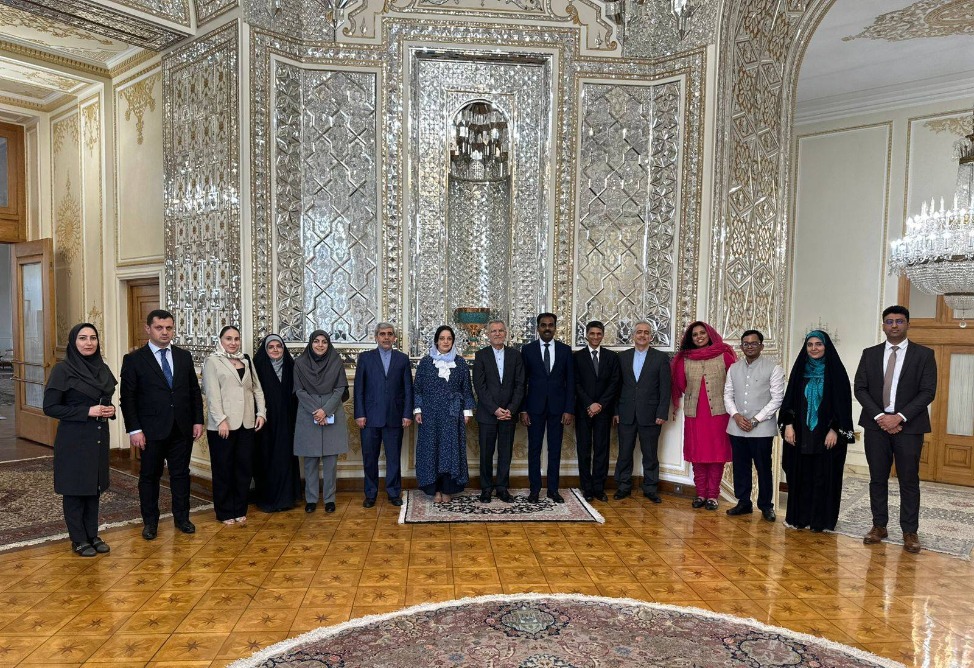Expert names two trends in Armenia's blockchain sector for the near future
03.09.2025,
10:13
Asset tokenization and development of non-cash payments for digital currencies will become key areas in Armenia's blockchain sector in the near future, said Andranik Togramajyan, head of the digital finance division at the Cilicia business club, in an interview with ARKA news agency.

YEREVAN, August 3. /ARKA/. Asset tokenization and development of non-cash payments for digital currencies will become key areas in Armenia's blockchain sector in the near future, said Andranik Togramajyan, head of the digital finance division at the Cilicia business club, in an interview with ARKA news agency.
Speaking about asset tokenization, the expert noted that after the introduction of regulation, it will attract large international investors and make domestic demand more transparent.
In the context of developing non-cash payments for digital currencies, he said that this will simplify transfers.
"Armenia is highly dependent on money transfers and exports. It is critical for us to simplify financial communications as much as possible," he explained.
Answering the question about how attractive Armenia is for launching cryptocurrency or fintech startups compared to the countries of the region, Togramajyan said that although Armenia is not the largest country in the post-Soviet space in terms of financial flows, it is necessary to look at it from the point of view of human potential and ease of access to global markets.
“It is very easy to export products from Armenia thanks to the internal infrastructure. The country has a high level of digitalization, financial products are in demand, and there are always areas that require new solutions,” he said.
Regarding the main challenges facing cryptocurrency projects in Armenia, the expert pointed to external factors - the behavior of global markets, and internal ones - possible tightening of regulation, adding that given that by-laws are only being developed, a tilt in either direction is possible.
“Our main advantage is our connections with other countries where Armenians live. We are a networked people, and this allows us to quickly spread ideas, organize events, and implement projects,” Togramajyan summed up.
Speaking about asset tokenization, the expert noted that after the introduction of regulation, it will attract large international investors and make domestic demand more transparent.
In the context of developing non-cash payments for digital currencies, he said that this will simplify transfers.
"Armenia is highly dependent on money transfers and exports. It is critical for us to simplify financial communications as much as possible," he explained.
Answering the question about how attractive Armenia is for launching cryptocurrency or fintech startups compared to the countries of the region, Togramajyan said that although Armenia is not the largest country in the post-Soviet space in terms of financial flows, it is necessary to look at it from the point of view of human potential and ease of access to global markets.
“It is very easy to export products from Armenia thanks to the internal infrastructure. The country has a high level of digitalization, financial products are in demand, and there are always areas that require new solutions,” he said.
Regarding the main challenges facing cryptocurrency projects in Armenia, the expert pointed to external factors - the behavior of global markets, and internal ones - possible tightening of regulation, adding that given that by-laws are only being developed, a tilt in either direction is possible.
“Our main advantage is our connections with other countries where Armenians live. We are a networked people, and this allows us to quickly spread ideas, organize events, and implement projects,” Togramajyan summed up.



